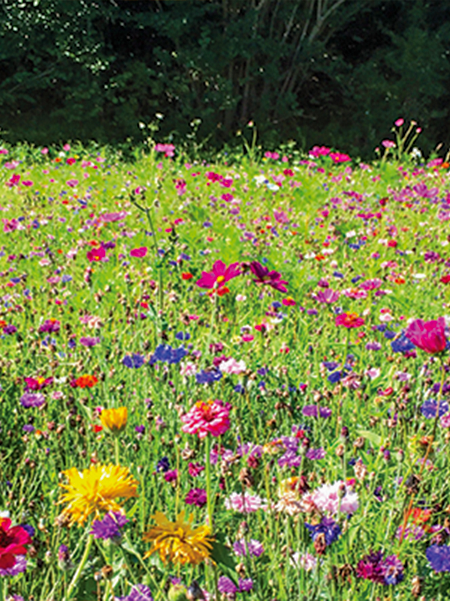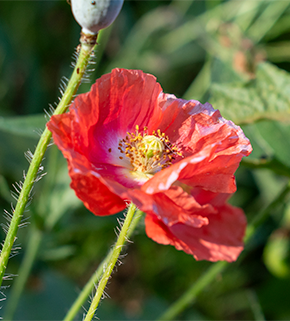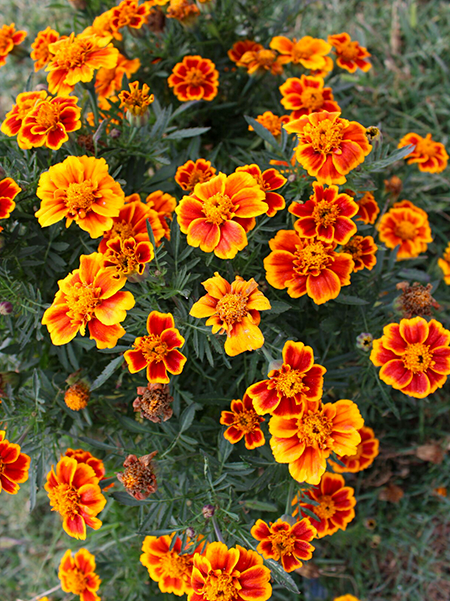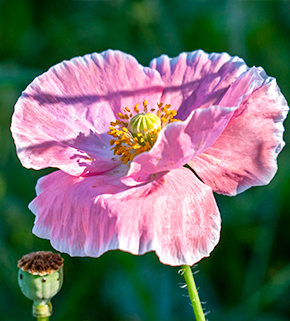Planted with a diverse mix of native flowering plants, herbs, and shrubs, the gardens are located near high tunnels, the Medicine Wheel Garden, and food production areas—helping create a continuous, natural cycle of pollination. These living landscapes offer hands-on learning opportunities for all ages and serve as a reminder of the connection between land, culture, and food. As part of the broader Food Sovereignty initiative, the Pollinator Gardens support biodiversity, protect endangered species, and reflect a deep respect for the natural world.





